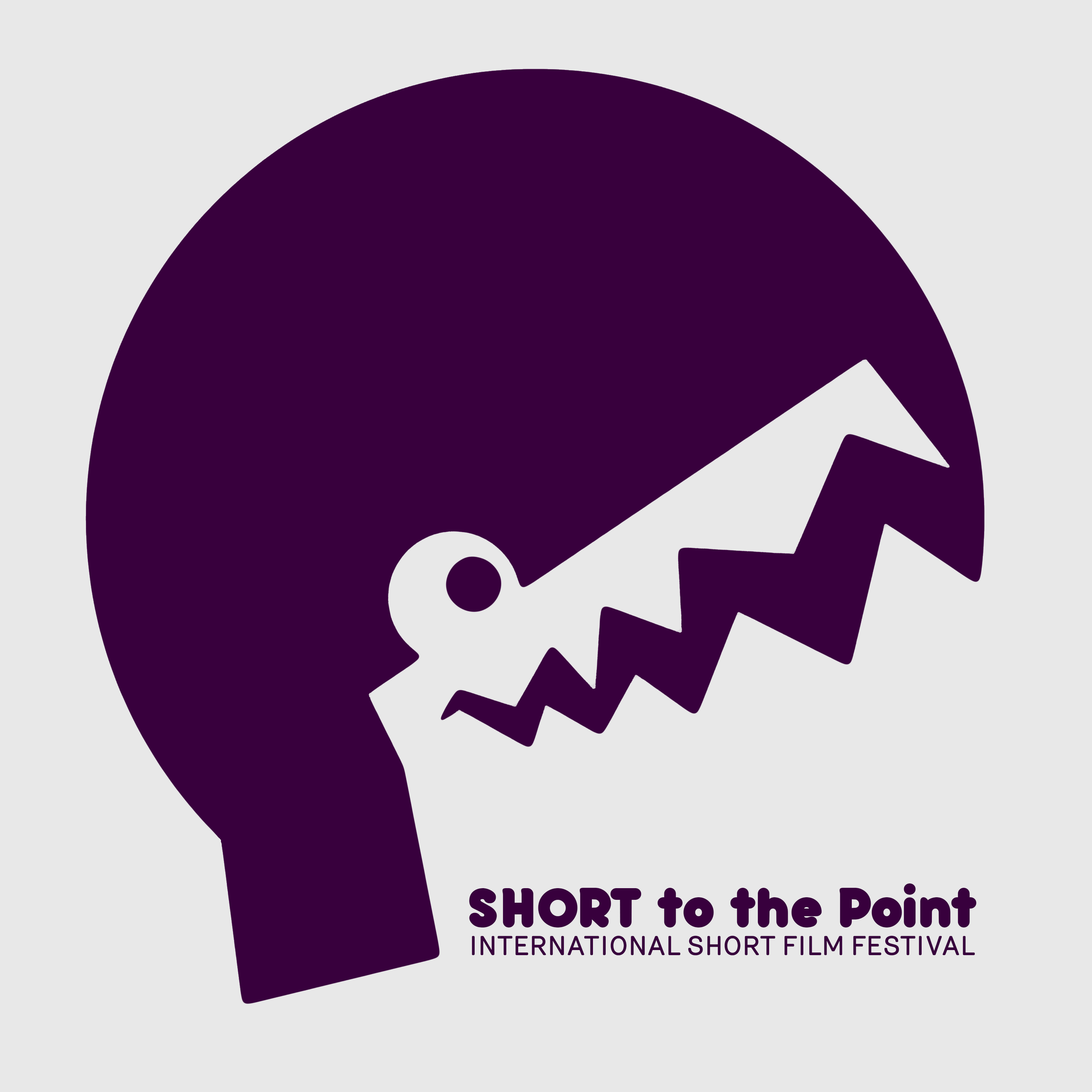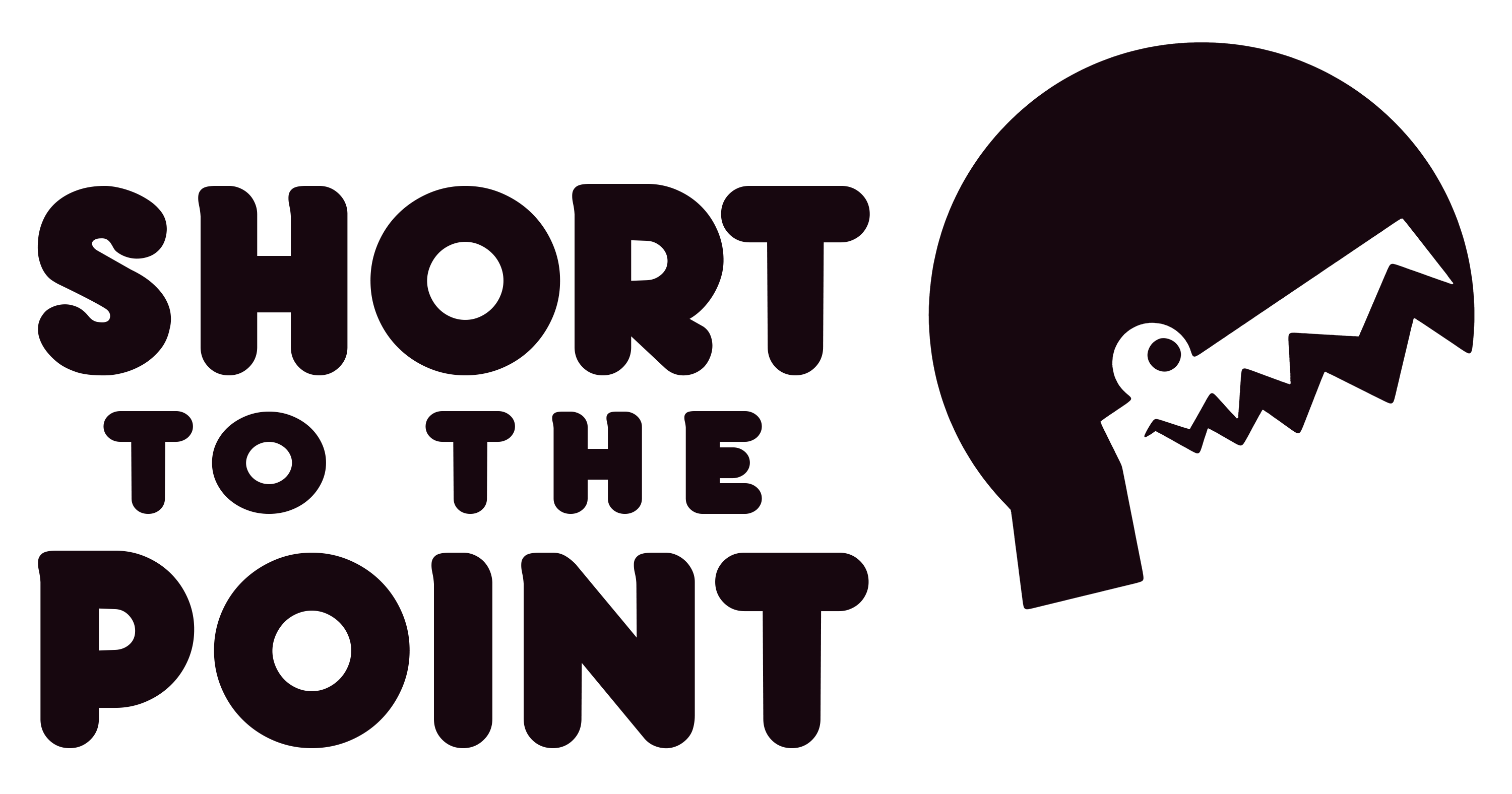Polina Stepanova. Date of birth: 14.04.1986.She graduated from Irkutsk State University, Faculty of “Service and Advertising” in 2008. She worked in television for some time. Since 2014, she has been working as a film editor in the Film Production Development Department in the Irkutsk Regional Film Fund. In 2017, she took the “Scenario intensive” course, practical course in screenwriting and “Film history and analysis” course at High School of Directors and Screenwriters in the Lenfilm Studio; in same year, she was appointed head of the Film Production Development Department. She became a member of the Union of Cinematographers of the Russian Federation (editing director) in 2018.
- Was there a particular event or time that you recognized that filmmaking is your way of telling stories?
I picked up a camera for the first time when I was 13. It belonged to my grandfather who was engaged in aerial survey, filming and photography. My shoulders were naturally broad enough to support the weight of the camera 🙂 Then for the first time I thought that this is not only a great tool to capture the moment, but also an opportunity to show the focus of your attention by changing plans. Then I realized that cinema is an instrument to tell stories.
- Do you think it is essential to go to a film institute in order to become a successful filmmaker?
It all depends on the person. An institute is not just about knowledge – it is primarily about opportunities and environments. For a gifted and enthusiastic person this becomes a launching platform. Being a self-taught means getting one’s own way based on self-education and search for opportunities. I am not a filmmaker by training. I am self-taught, but I would like to study at FAMU University that includes Milos Forman and Emir Kusturica in the graduates list.
- Is it harder to get started or to keep going? What was the particular thing that you had to conquer to do either?
If we are talking about the production of the film “Music lives here”, the most difficult thing was to finish it 🙂 It was an amazing journey into the world of music. We spent many hours on stage with the musicians, hiding behind the scenes during performances. I didn’t want this work to end. The tram scene turned out to be the hardest one. It was shot late in the autumn and was at risk of being cancelled, but for me this scene was extremely important. We had only two hours to shoot. In a rented retro tram we couldn’t back up, and every ride was worth its weight in gold. We live in Siberia, so it was cold in the carriage. The violinist’s hands froze instantly. In addition, the day was overcast, and the frame needed the sun. I begged Federico Fellini to help us on the set. And, believe it or not, the sun came out for two hours. When the shooting ended and the violinist got off the tram, the sun disappeared behind clouds.
- What was the most important lesson you had to learn that has had a positive effect on your film? How did that lesson happen?
The first thing that comes to mind is not to be afraid to try. Fear limits our imagination. This is my first film. Before that, I only directed stories and short videos and was careful about close-ups. Now I faced with the task of telling about something that can’t be seen or felt – about music. Through close-ups and unusual angles, I wanted to achieve intimacy between the viewer and the musical instrument. For the first time, we used a crane in the shooting, which allowed us not just to see the musicians from above, but literally “soar” or “fly” above the orchestra.
- How do you find or generate ideas for documentaries or is it a different process for every project?
Now, while we are all in self-isolation, I am in love with the Google maps resource, which allows me to explore places that I have never visited. I can see streets and houses where great directors lived and well-known films were made. The resource helps to travel and seek for a potential shooting location. Social networks have become an unusual source of inspiration for me. Personal stories of the users formed the basis of future films.
- Can you describe your approach to writing treatments?
After the idea is formulated, I choose events and actions to shoot. Then I draw up questions for the characters. I divide the film into semantic blocks to determine the sequence of the scenes. After writing the scenario plan, I draw a storyboard on the board so that I can see the entire movie. As a next step I formulate a task for the operator and move on to shooting. Of course, when it comes to documentaries, you don’t always know what to expect. Therefore, many things change, but the storyboard helps to keep the overall idea.
- Do you ever use the camera yourself?
Yes, I have experience as an operator. Presently I am making a film about film director Emir Kusturica and his group “The No smoking orchestra” where I act not only as a director, but also as a camera operator. I went on a part of the world tour in Russia with the musicians.
- What do audiences want? And is it the filmmaker’s role to worry about that?
Viewers want interesting stories that will be close to them or, on the contrary, will carry them into another, unfamiliar, new reality. Of course, as a director, I would like to attract the audience with my stories.
- What role have film festivals played in your life so far? Why are they necessary? How do you get the most out of them?
This is my first experience of participating in film festivals, and it has become really important for me. It takes my breath away to think that the film will be seen by the viewers halfway around the world. Winning the film festival brought awareness of recognition by the European film community, which is incredibly pleasant and significant for a self-taught director from a small Siberian city. A film festival is a place where a film gets feedback, professional evaluation, where it is able to live and achieve its goals, while a director gets an emotional charge for new works.
- Do you believe that a filmmaker should be original and fresh or he/she should stick to classic but safe cinema style?
Obviously, a film director must develop and look for new forms and techniques in his or her movies, but there is nothing wrong with adhering to a safe style. Sometimes the complicated form or abundance of techniques is confusing and does not give an understanding of the content. The new original form should be appropriate and justified so it would work for the main idea.












